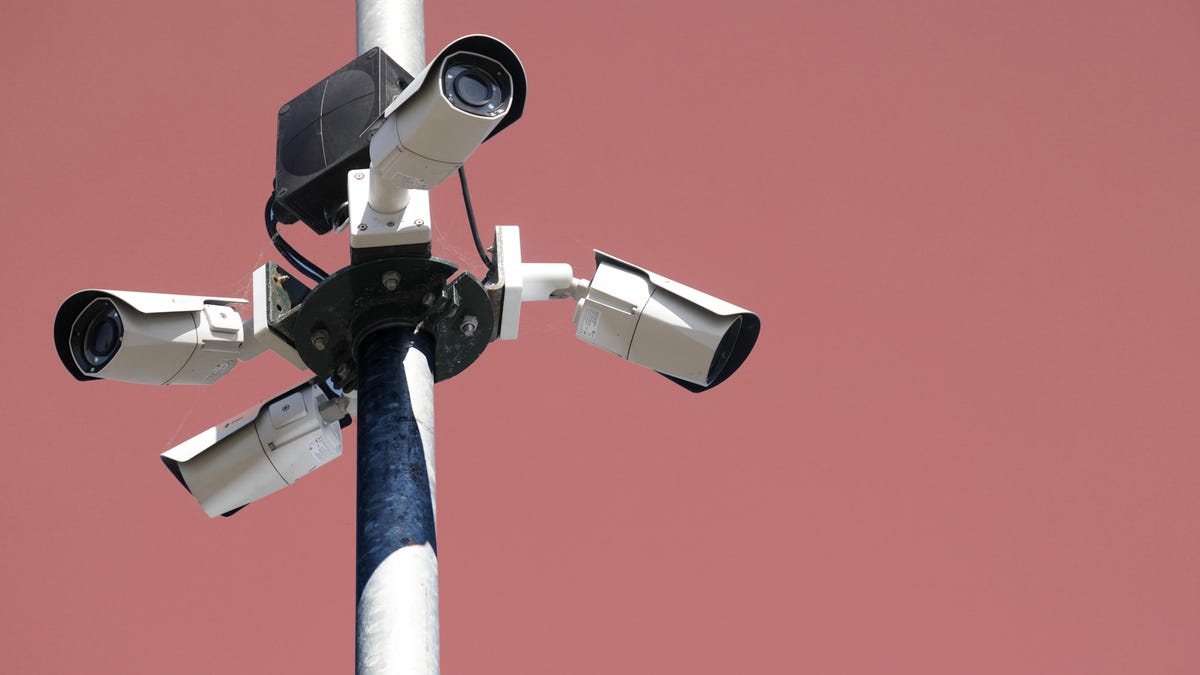Rights groups join student demands to bar facial recognition at colleges
The ACLU, EFF and several other groups sign a letter of support for the student demands.

Rights groups joined college students Thursday in calling for universities to promise not to use facial recognition technology.
Students shouldn't have to worry that colleges and universities are tracking their movements with facial recognition, a group of rights organizations said in an open letter Thursday. The letter supports demands by student groups around the country that their schools promise not to use the technology on campus.
Civil liberties groups like the ACLU, the Electronic Frontier Foundation and the Liberty Coalition signed the letter, as did consumer groups like the Campaign for a Commercial Free Childhood and the Consumer Federation of America. Groups that focus on minority and immigrant rights also signed on, including Color of Change and the National Immigration Law Center.
"Exposing students and educators to facial recognition profoundly limits their ability to study, research, and express freely without fear of official retaliation," the groups said in the letter.
The letter comes as privacy concerns over facial recognition have mounted. Critics cite studies showing that the technology has low accuracy rates for women and minorities. When it works properly, they add, it has the potential to become an inescapable and invasive form of surveillance. Companies such as Clearview AI, which has technology that lets users identify people by comparing their faces to photos scraped from the internet, have raised concerns over the power of the technology.
The campaign to keep facial recognition off campuses is part of a larger effort to push specific sectors to swear off the use of the technology. In addition to advancing local laws banning use of the tech by law enforcement, advocates are focusing on the private sector and on various organizations. For example, they've worked with musicians to get music festival organizers to promise not to use facial recognition. The idea, said Evan Greer of privacy rights group Fight for the Future, is to get these promises from specific industries where facial recognition hasn't fully taken hold, before it's too late.
Greer says the plan is necessary because Congress isn't moving fast enough to legislate facial recognition. "This is one way to slow down the spread of this technology while lawmakers catch up," she said.
Universities may consider facial recognition technology as a potential safety measure, helping identify people who are banned from campus. But the risk to privacy, and the potential harm to groups that the technology is bad at identifying, isn't worth it, said Jake Martinez, director of youth programs for the New York Civil Liberties Union.
"Students should not have to give up their privacy and take part in this dangerous project as a prerequisite to stepping foot on campus," Martinez said in a statement.
More than 50 schools have already indicated they have no plans to use facial recognition, including Columbia University, Michigan State University, Rice University and UC Berkeley, according to Fight for the Future.
Other schools have considered using it, such as UCLA, whose proposed facial recognition policy drew backlash from the student newspaper's editorial board. The university hasn't implemented its programs, which were limited to flagging people who were banned from campus, and creating an extra layer of verification in restricted settings, a spokesperson said in an email.
Stanford University said several vendors in student cafeterias allowed students to opt into a system that let them purchase items with facial recognition last year, but the technology was no longer in use.
"While we recognize that facial recognition may offer potential benefits, it also raises meaningful privacy concerns," the university said in a statement. "We are committed to protecting the privacy of individuals on campus and in the larger community and will continue to develop policies and practices as technology evolves."

